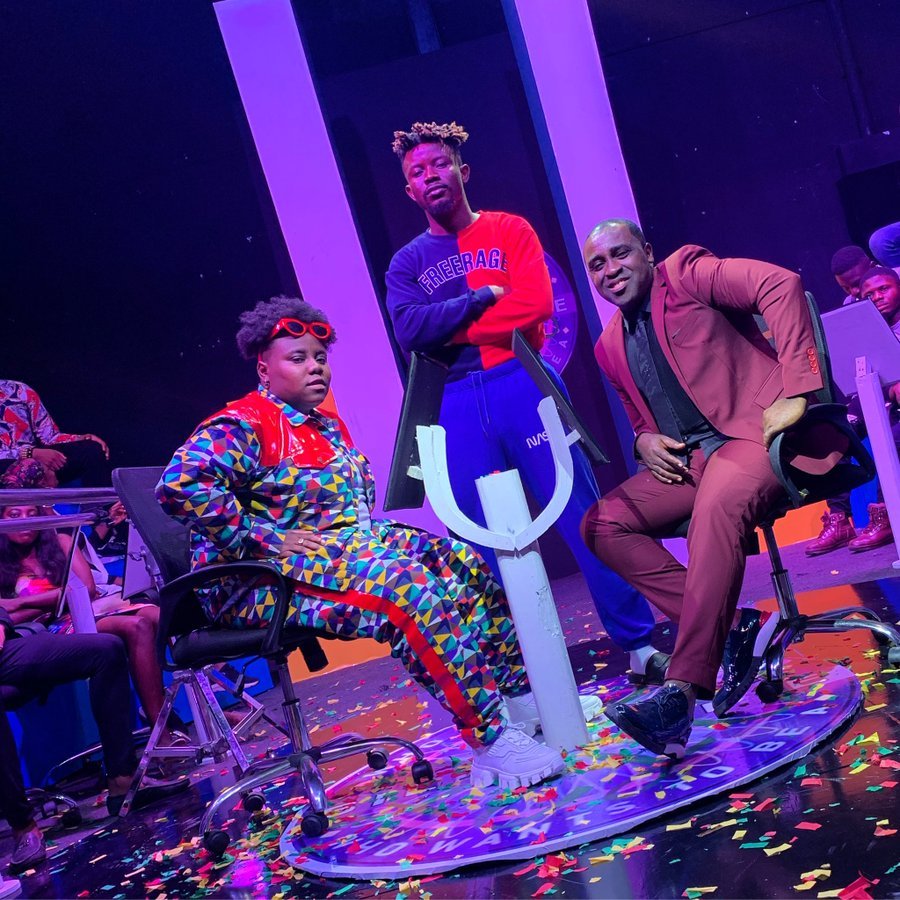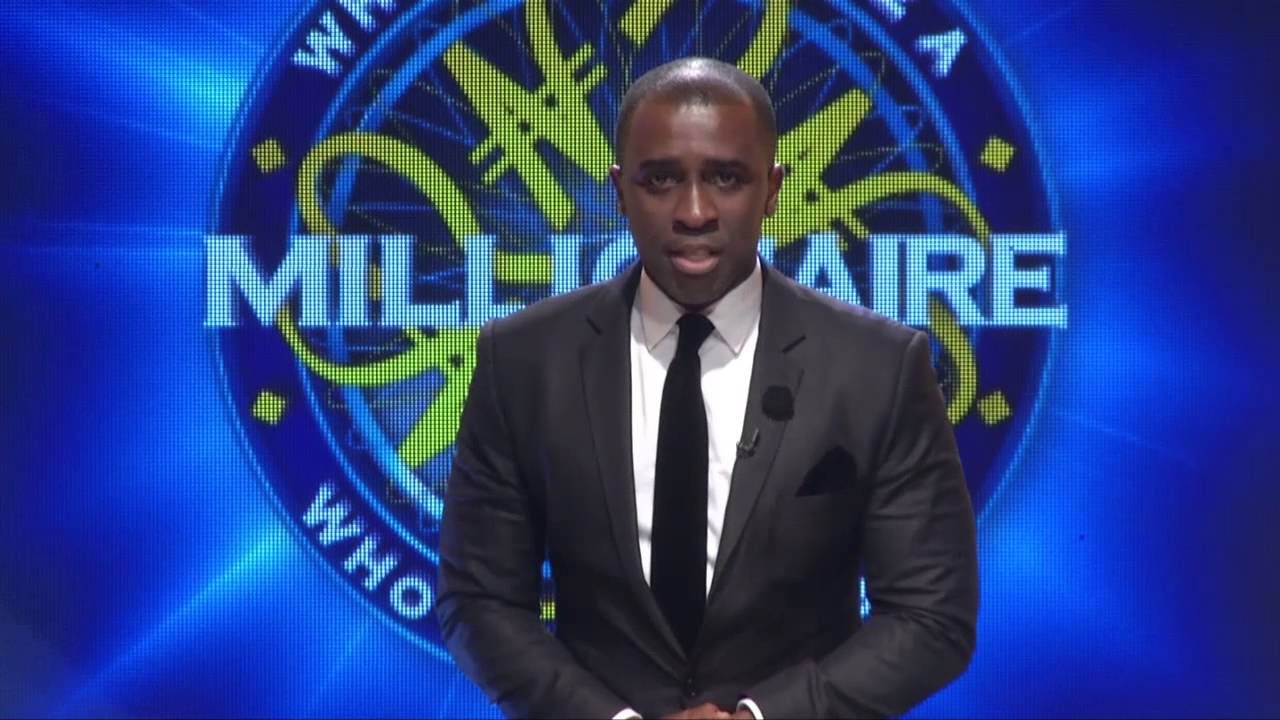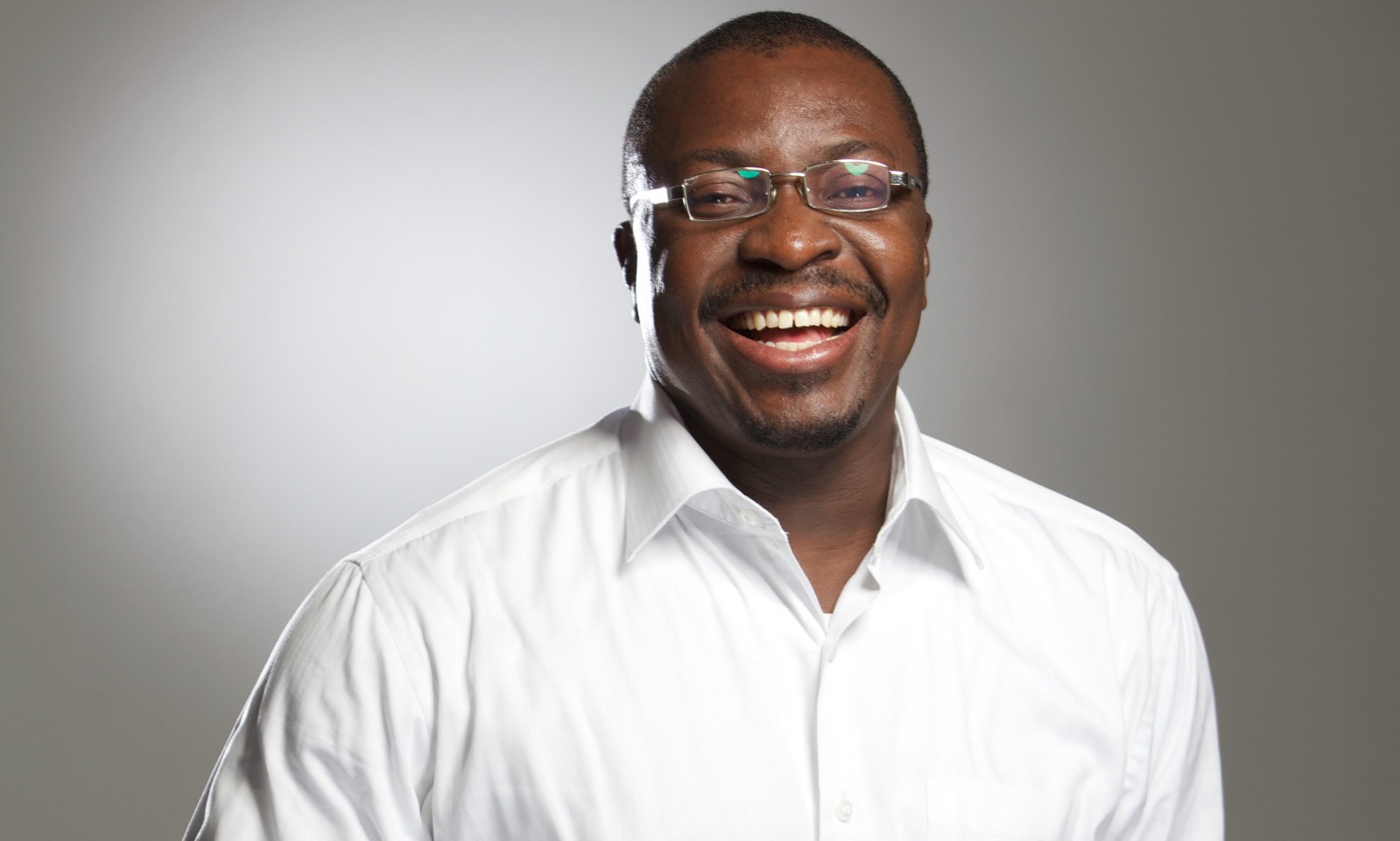[dropcap]I[/dropcap]t would not be unreasonable to suggest that Who Wants to Be a Millionaire? is the most successful quiz format of the 21st century, with Nigeria becoming one of the many countries to embrace the series. The Nigerian version of Who Wants to Be a Millionaire? was on screens from 2004 to 2017, responsible for providing gripping entertainment as some contestants went home that little bit richer.
A simple but effective series
Whether you have to identify the famous landmark in a picture, like in this sporting venue quiz from The Guardian, or figure out a series of brainteasers, there’s something engaging about a quiz format that keeps people’s attention. Millionaire went down the trivia path and kept things simple, opting for the straightforward premise of ‘answer questions correctly to win money’. The Nigerian version stayed true to the format that made the original Millionaire such a hit in the UK in 1998.
Players faced multiple-choice questions, with each correct answer taking their potential cash prize up to the next level. Answering fifteen questions correctly in a row was required to unlock the maximum prize of 10 million naira, with the questions getting progressively harder. 50/50, Phone a Friend, and Ask the Audience are three features that made it from the British version to the Nigerian, with players able to use each lifeline once in their quest for the right answer.
Hosting responsibility was given to Frank Edoho, who became the perfect guide to take contestants through the emotional roller-coaster of competing on the show. He left in 2017 after rejecting the offer from producers Ultima Studio to continue, while main sponsor MTN Nigeria’s decision to remove their backing in the same year took Millionaire off screens in Nigeria.
A rich legacy
While the quiz show may no longer appear on Nigerian TV screens, it continues to have a massive influence on life in Africa. Ghana, Kenya, Uganda, and South Africa are just four African countries that also had their own version of the show. These series have also concluded, but there are still ample ways for Africans to express their appreciation of Millionaire. Sony’s app based on Millionaire pits players head-to-head against opponents from around the world. Players progress through city levels based on their performance, with Cape Town featured as one city and a host of famous Africans included as experts.

Despite the lack of new broadcasts, there are always new ways to engage with the show. Genesis Casino is ranked by Casinos.co.za as one of the top new sites and includes the online slot Who Wants to Be a Millionaire Megaways. The slot combines reel-based action with the themes and lifelines from Millionaire, making it a fitting homage to the series. Further proof of the show’s continued popularity in Africa can be found in the thousands of views that the Nigerian series’ YouTube channel continues to accumulate, with people drawn back to classic clips in the absence of new ones.
Fans of the show can also engage with quizzes that recreate the most famous moment in the Nigerian Millionaire, when Aroma Ufodike became the only contestant to win the maximum prize of 10 million naira. Zikoko is one website that has recreated the questions which Aroma Ufodike faced, so that aspiring African quizzers can see if they would also have walked away with the jackpot.
Many compared Aroma’s circumstances on his 11th question to the movie Slumdog Millionaire, where an Indian contestant found that the questions were relevant to key moments in his life. The 500,000 naira question was about the Nigerian football referee Linus Mbah. The question was about Mbah’s profession, but Aroma was unusually well-qualified to identify him as a referee – he was Aroma Ufodike’s upstairs neighbour!
Aroma Ufodike went on to answer all 15 questions correctly and take home that life-changing jackpot, in what was no doubt the most memorable story to come out of Nigeria’s version of Who Wants to Be a Millionaire? Given the success of the show and its continued popularity in other media, surely it will return to Nigerian television sooner rather than later.







